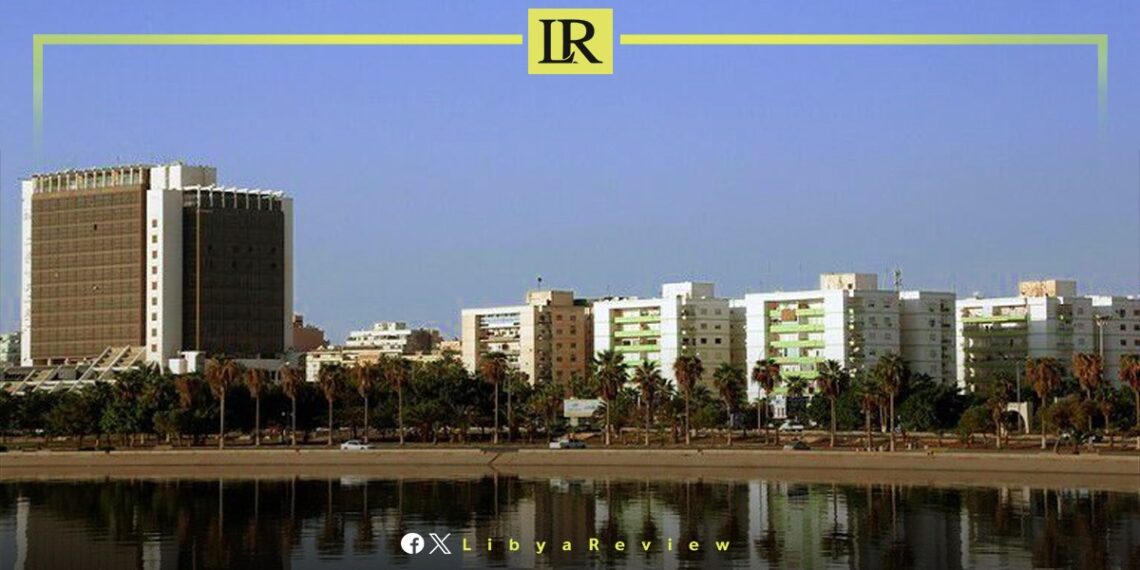The Director of the Middle East and North Africa Department at the Russian Foreign Ministry, Alexander Kinschak, affirmed Moscow’s ongoing coordination with Libyan authorities regarding the opening a consulate in Benghazi.
Kinschak reminded, in statements to the “Novosti” agency, that after a long hiatus, the Russian Embassy in Tripoli resumed its operations in 2023. He added that the next step is the opening of the consulate general in Benghazi.
“The process of agreement with the Libyan side on establishing a new Russian consulate mission in the east of the country has not yet been completed,” he said.
“It is necessary to seriously work on all practical issues to ensure its normal functioning, including logistical services and security aspects, which is extremely challenging given the current Libyan reality,” he explained.
Kinschak pointed out that Libya still experiences a state of actual power duality, with the Government of National Unity (GNU) led by Prime Minister Abdelhamid Dbaiba, facing off against the Parliament-desgiante government led by Osama Hammad, and supported by the Libyan National Army (LNA) led by Khalifa Haftar.
The Russian diplomat added, “It is evident that this situation creates some difficulties, whether for the normal functioning of the existing diplomatic missions in this country or for establishing new missions.”
In March, the GNU declared its intention to support the establishment of a Russian Consulate General in Benghazi, the country’s eastern city. This announcement follows the complete reopening of the Russian embassy in Tripoli in August 2023, indicating an enhanced diplomatic relationship between the two nations.
Taher al-Baour, the acting Minister of Foreign Affairs and International Cooperation for the GNU, expressed the government’s willingness to overcome procedural and administrative hurdles to enable the consulate’s setup. Al-Baour communicated with Sputnik, confirming that there are no political impediments to this initiative and expressing Libya’s readiness to collaborate on the project.
The context for this development includes comments from Aydar Aganin, the Russian Ambassador to Libya, about the delay in opening the Benghazi consulate and discussions on its importance with Tripoli’s authorities.
In his discussion, al-Baour underscored the stable ties between Libya and Russia, dismissing any hesitations about cooperation with Russia. He highlighted Russia’s long-standing role in the region’s geopolitics, acknowledging its contributions to regional stability and balance.


